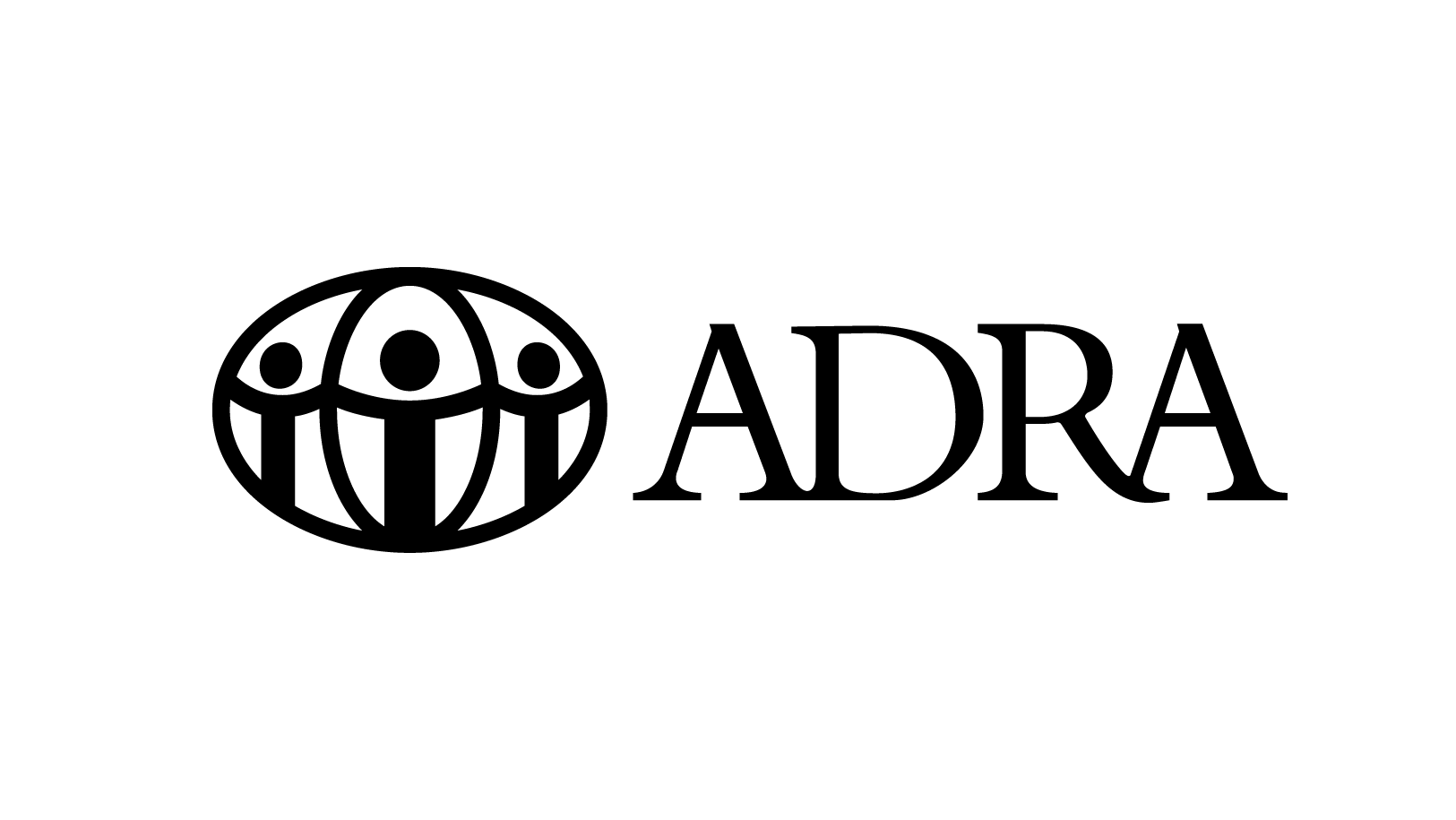CASE STUDY:
Agricultural Value Chain Development
O la’u fanono (My Storytelling)
My history (Samoan) from our navigation to our existence, to our aganu’u (cultures, traditions and way of life) to our alaga’upu (proverbs) was passed down to us from our ancestors through fanono (storytelling) and siva (movements/gesture of dance). We had no written text until outsiders came to our lands and taught us these things, amongst many other things.
My language leans more to my ancestors than it does the latter, and as such, the following reference letter for Kusal Perera may sound more of a fanono, than it is anything else you would expect of the standard and/or usual reference letters.
I have known Kusal Perera all my life!
At least it feels that way.
I first met Kusal in an online meeting around July 2022. He was introduced to me by a work colleague who “thought” it will be worth while talking to him about our value chain works in Vanuatu, as he is volunteering delivering value chain in Timor-Leste for our SHAPE (Sustainable Health, Agriculture, Protection & Empowerment) programme, via VSA (Volunteer Services Abroad).
The second I saw Kusal I knew he and I were going to get along well. As soon as Kusal opened his mouth, I knew he was one of our whanau. For more than six months, Vanuatu and I have been looking for the right person to deliver this work for us. We even reached out to VSA who reached into their local and international pool of people. But we never found the right person who we felt could deliver this work with the depth, love and respect that we envisioned, until we met Kusal Perera.
The task that ADRA had given Kusal to deliver under value chain, was anything but easy. After days of briefings and tons of documents of what value chain looked like in previous projects we delivered, I believe the words I used were “whatever you do in this space, your job is to elevate the powers of the indigenous people, in everything you do”.
And Kusal did not disappoint!
From online meetings to face-to-face meetings, all the way to our travels in Vanuatu, Kusal was engaged with us and everyone around him with care and respect. He thought deeply with the words we spoke and connected deeply with our experiences as indigenous people.
Kusal was able to translate the depth of our cultures and traditional practices into the processes and systems of value chain, not only in the agricultural sector, but in the pillars of our development programme covering water, sanitation and hygiene, economic resilience and development, women empowerment and gender-based violence, and self-reliance and community resilience. He understood the holistic approach we envisioned, and even more impressive, was his ability to pull these together through visual illustrations, that allowed us to understand and connect deeply with, because it took shape and form of our ancestors’ method of passing knowledge and teachings to us.
I am convinced that there are not many people, who think and functions at the level Kusal does. Value chain systems and processes are complex, but not as complex as our cultures and traditions; so, to integrate the two, is nothing short of brilliance, and a gift!
Kusal’s work in Vanuatu has been extremely influential in our ADRA space, that our ADRA Timor-Leste team, who is at least 3-4 years ahead of value chain compared to Vanuatu, had requested for Kusal to return to Timor-Leste, to deliver the trainings that he had done for Vanuatu. Timor-Leste is
willing to put a pause on their 3–4-year progress in value chain, because through the works Kusal is implementing in Vanuatu, they have identified numerous gaps in their value chain delivery where cultures and traditions have been sacrificed, and balance of life are being severely disrupted for economic resilience because the processes and systems of value chain they work with, was not localised for their people, and holistic approaches are disconnected.
Kusal’s work is also making waves in the Ministry of Foreign Affairs and Trade (MFAT), New Zealand, through challenging old systems and processes of value chain, and pushing the boundaries to elevate indigenous practices and even finding the hybrid between modern and traditional practices INTEGRATED into the systems and processes of value chain, to maintain the balance in an ecosystem of everything and all. It is my absolute intention that Kusal’s work in this space, is adopted by MFAT NZ, NZNGOs, International NGOs and all practices to do value chain differently.
I see the value in the work Kusal is delivering, and it will be irresponsible of me to not connect Kusal to our network of donors and organisations, where his work can be continued and expanded all over the Pacific, and the rest of the world.
There is a Samoan proverb that says “A lelei ona totō le fatu, e lau usisui ona tātupu” – which means if you plant the seed well, you will harvest great.
Kusal worked with the indigenous people of Vanuatu with his whole being. He lived in the communities and shared many conversations over community cooked meals. He was engaged, connected and present in body, mind and soul to anyone who spoke to him, or he spoke to. It is that, and his God given gift, that the works that Kusal is doing, that is leading us to plant the seed well.
Malo fa’afetai Kusal mo lou tautua matavela (well done and thank you Kusal for the way you serve is filled with commitment and honesty).
Ma le fa’aaloalo tele lava (Respectfully)
Sahara Anae.











